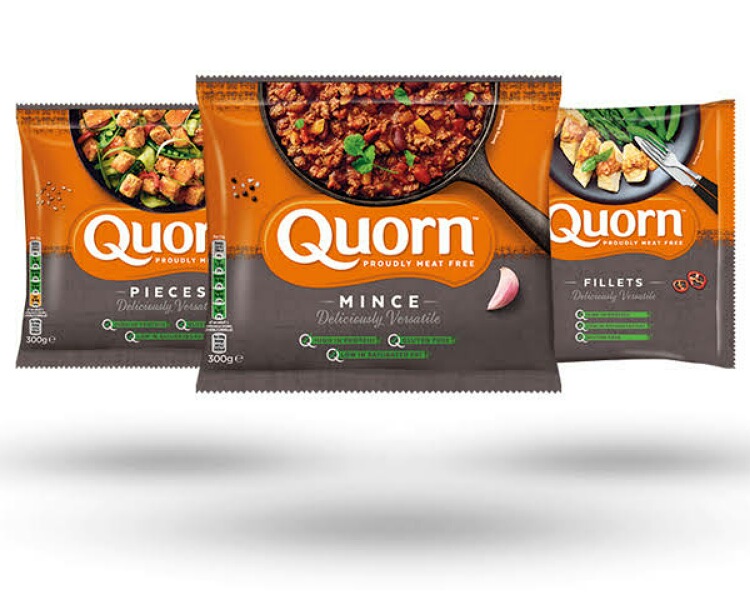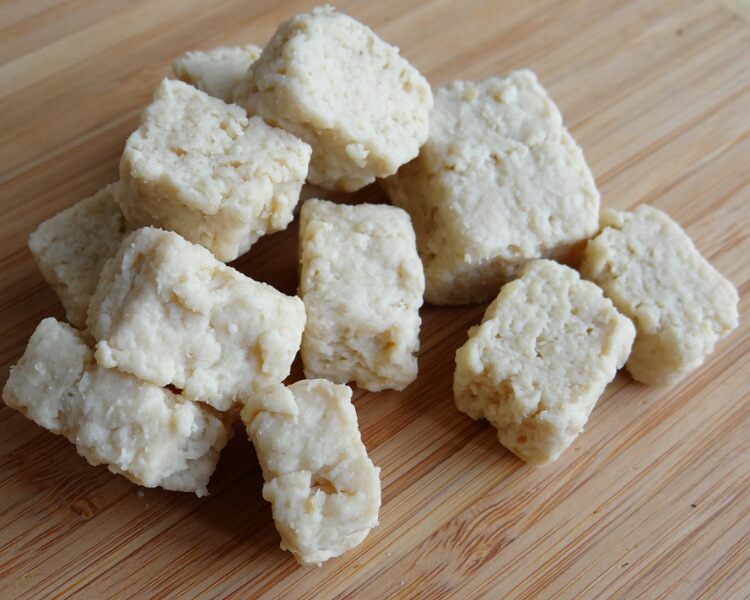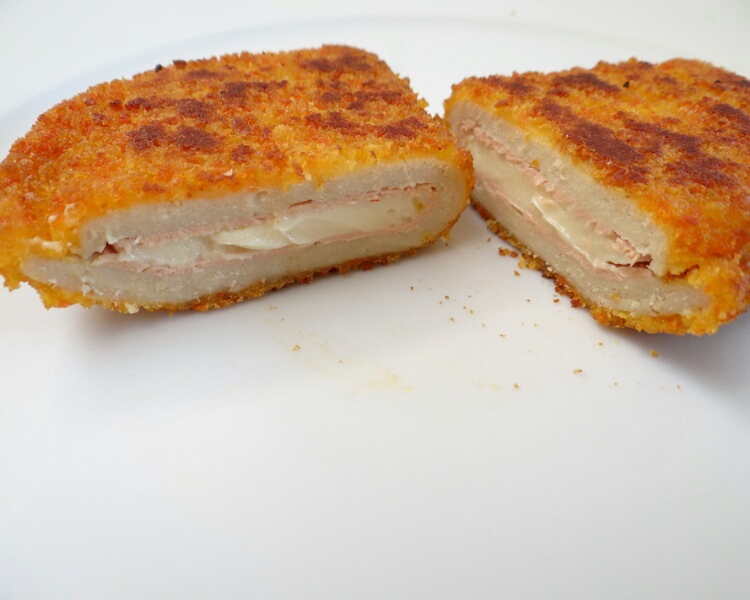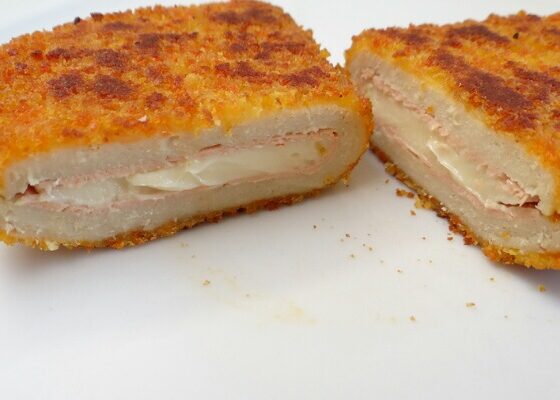Quorn is a commercial food product. It is a vegetarian protein source meant for runners. What are its ingredients? Is it healthy? What is the controversy surrounding it?
What is Quorn?
Quorn is a high protein of vegetarian origin that is targeted for runners. British long distance runner Mo Farah was the face of this product for many years. The mission of the company making the product is to provide people with delicious meat free vegetarian and vegan meals. Their aim is good health of people and the planet.
The food products are sourced from vegetarian source and come as mince, nuggets and chicken pieces and more. All are available in most of the major supermarkets of the UK.

The key protein is mycoprotein and it is the result of a specific fermentation process. It is a complete protein containing all the essential amino acids that might not be present in plant foods. Additionally, it also has high levels of dietary fiber. This is its plus point over animal meat.
The company Quorn states that the making of the mycoprotein requires 90% less land and water compared to animal protein. University of Exeter did a study that revealed that mycoprotein aids better post-exercise muscle buildup and repair compared to milk protein. The study published in the American Journal of Clinical Nutrition stated that milk protein increased muscle growth by 60% and with mycoprotein this was double.
Is it healthy?
Quorn is a processed food and such foods are not a healthy choice even if they are plant based. Nutritionist Kim Pearson states:
‘It’s easy to make the mistake of thinking that ‘plant-based’ automatically means healthy’
‘But the same rules apply to plant products as they do to animal products – the less processed the better. Quorn is made by fermenting Fusarium venenatum, a natural fungus found in soil. Glucose, oxygen, nitrogen and minerals are added to create the conditions for it to convert wheat into protein. There is no denying that it’s a highly processed food.’

But they have lesser saturated fats compared to animal protein. Also, they leave behind lesser carbon footprint and are good for our planet. Moreover, there is no animal cruelty involved.
Controversy around the products
The products fell into a controversy when there were reports of several adverse effects related to them. These included nausea, vomiting, loose motions, hives and difficult breathing. These were probably allergic reactions to the products. But the firm has refuted that their products led to those symptoms in consumers.

Hence, it is better that people and runners opt for fresh vegetarian sources for protein instead of this commercial product. Kim explains:
“Vegetarians are much better opting for eggs as a protein source than Quorn, which often contains rehydrated egg whites. There are a number of more natural vegan protein sources available too. That said, while variety and focus on natural, minimally processed foods is key, if you do fancy a meat substitute every now and then, Quorn is fine.’
Read here: Protein powders, their shelf life, and safety!
Good plant based protein sources are pulses (such as beans, chickpeas, soybean and lentils), eggs, tempeh, quinoa, nuts and seeds. Vegan protein powders are also good for tiding over crisis. If you do want to eat these products occasionally, Kim advises:
‘If you are opting for meat replacement protein sources, you are best off opting for the simplest versions with the least processing and the fewest added ingredients”
‘These tend to be the most basic Quorn pieces rather than options such as the battered replica fish fillets and pies, for example.’
Avoid ready meals of this company. Have the basic products along with a balanced and varied diet.
